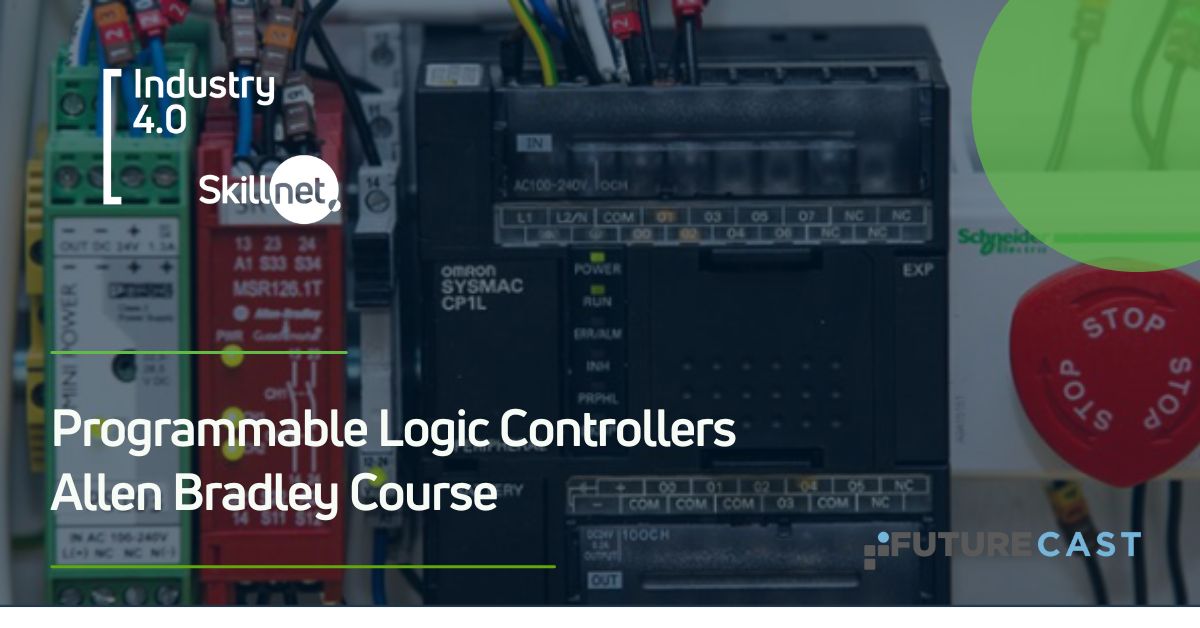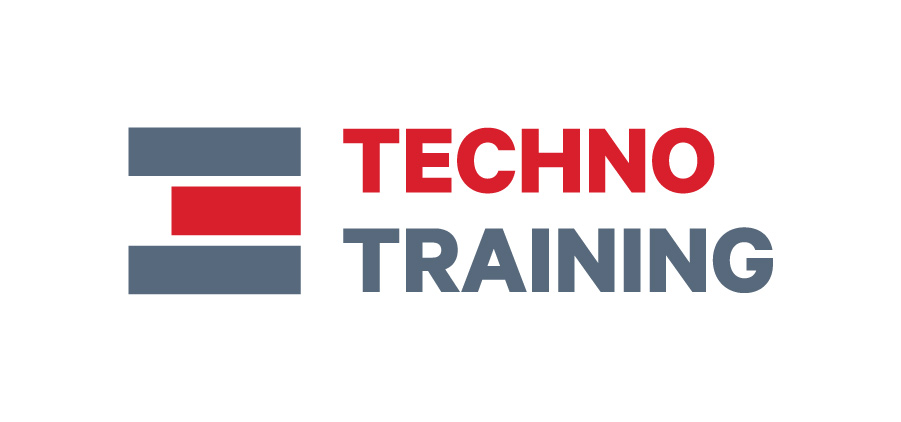Programmable Logic Controllers – Allen Bradley Course


Overview
PLC’s are at the centre of modern automation systems. If you can understand how PLC’s think and how they generate fault messages, then you can use them as a powerful diagnostic tool. Our PLC course will enable maintenance staff to interrogate PLC code to determine the cause of machine faults and hang-ups. The course is run using Allen Bradley PLCs but we can also offer Omron.
Learners will learn good coding structure that makes programs and Data Blocks easy to follow. Our experienced developers have ensured that learners will experience and practice code structures that are routinely seen in industry.
Who should attend?
Maintenance personnel who would like to enhance their skills by using PLC logic as a means of diagnosing machine faults.
Course Objectives
This four-day course involves the use of Factory I/O plc training simulation software. Factory I/O has revolutionised the way that PLC training can be delivered and provides the platform for a deeper gamified learning experience. Factory I/O consists of a virtual factory with a multitude of commonly used actuators and sensors built to create a factory scene. This scene then interfaces with RSLogix 500 so that programme code written by the learner, controls the factory scene. This intensive course is 80% hands-on. The course is run as two blocks of two days. Learners are given graduated and structured challenges to work on outside the classroom between the two training blocks to deepen the learning experience. Factory I/O allows learners to develop their own, more complex scenes along with the associated code. We inject faults (hidden from the learner) into scenes. Learners are encouraged to upload the faulted scene and use the associated code with their observations to narrow to the fault cause. The volume of exercises that we present to the learner provides a structured platform for the motivated learner to dig deeper and aim for a Distinction in their QQI award.
At the end of the course the participants will be able to:
- Navigate RSLogix 500 competently
- Set-up an Ethernet Interface to Communicate with a MicroLogix PLC – assign an IP address to the PLC using BOOT-TP
- Compare Offline files to those in PLC memory
- Understand the way RSLogix 500 organises ladder files
- Create PLC data files, define data types
- Use Watch Tables
- Interrogate Basic Ladder Logic Instructions
- Use the Cross-Referencing tool to navigate code
- Learn Program Structure using best practice
- Track and control sequences with the MOV instruction (found commonly in industry)
- Troubleshoot a robot Pick and Place sequence with simulated faults in Factory I/O
Upcoming Public Dates
Visit our training calendar here.
Contact us for an In-Company training – [email protected]
Location:
W8 Centre, Manorhamilton, Co. Leitrim
Dublin
Price
Full Price € 1,400 / Industry 4.0 Skillnet Price €1,120
price might vary depending on location – make sure to check with us.
Duration
5 Days
Course Programme
QQI Assessment
- Skills Demonstration 40% of overall mark
- Portfolio / Collection of Work 40% of overall mark
- Examination – Theory 20% of overall mark
The pass mark for all assessments is 50%
QQI Accreditation and Progression
6N5370 Programmable Logic Controllers This Award is one component required for the Major Award 6M5154 Maintenance Skills Technology